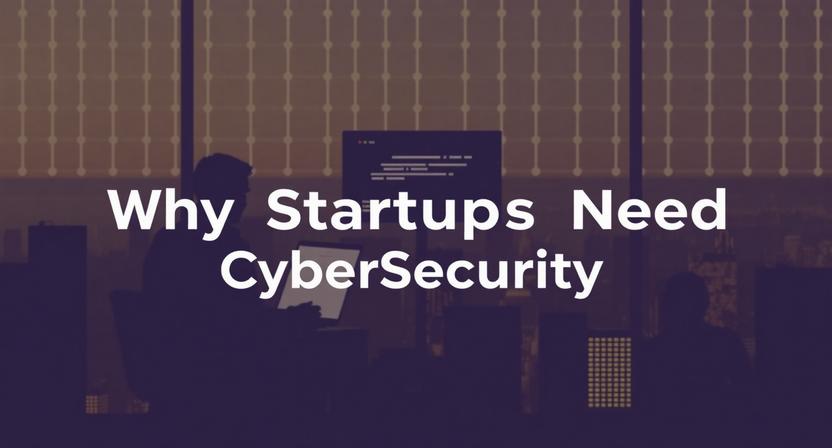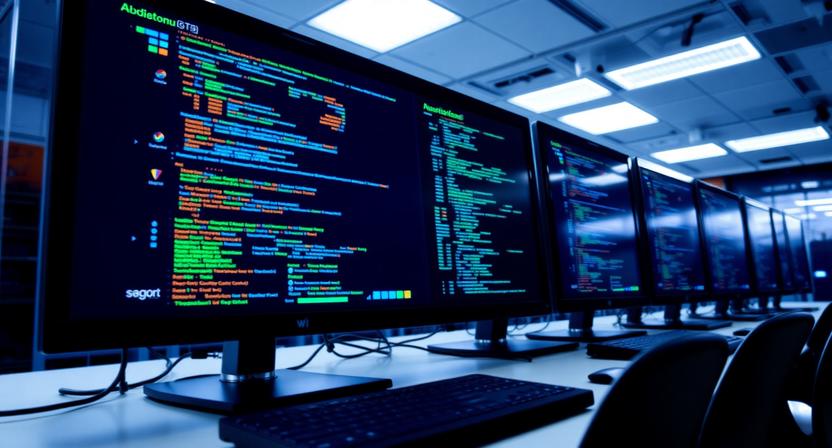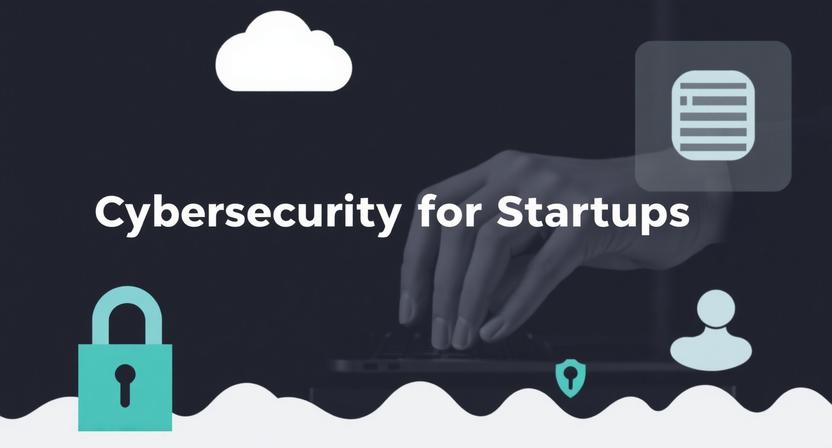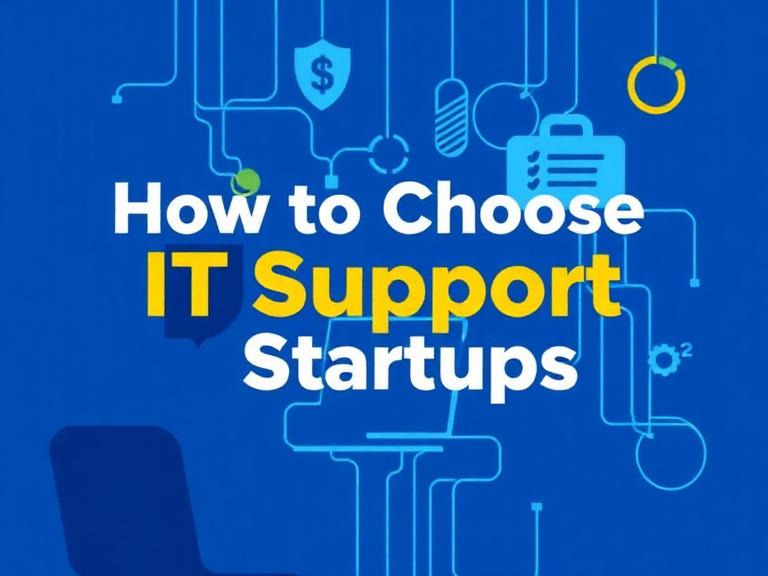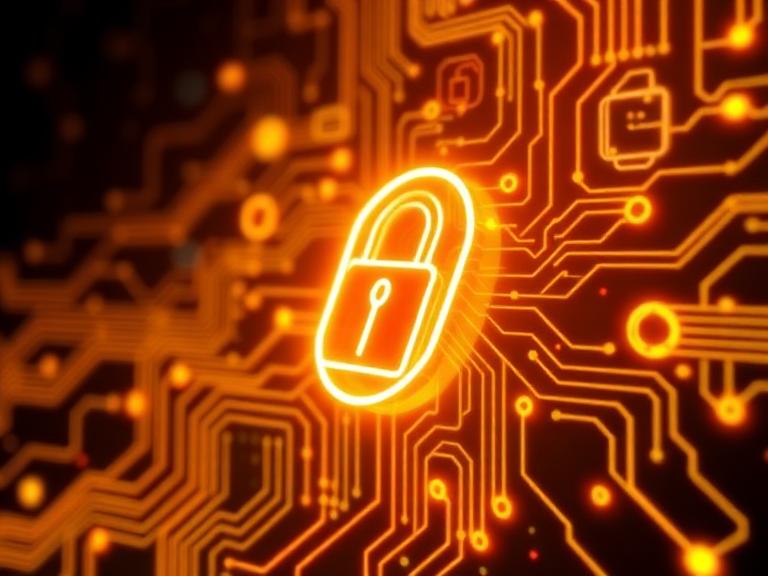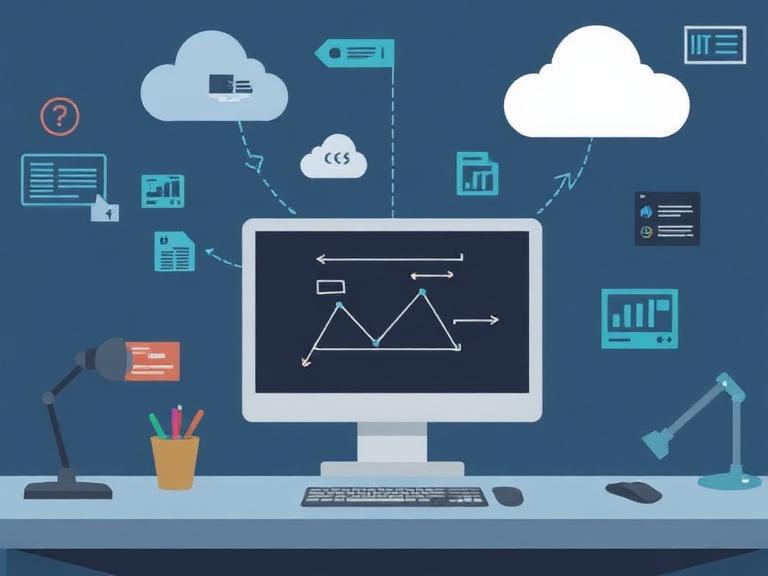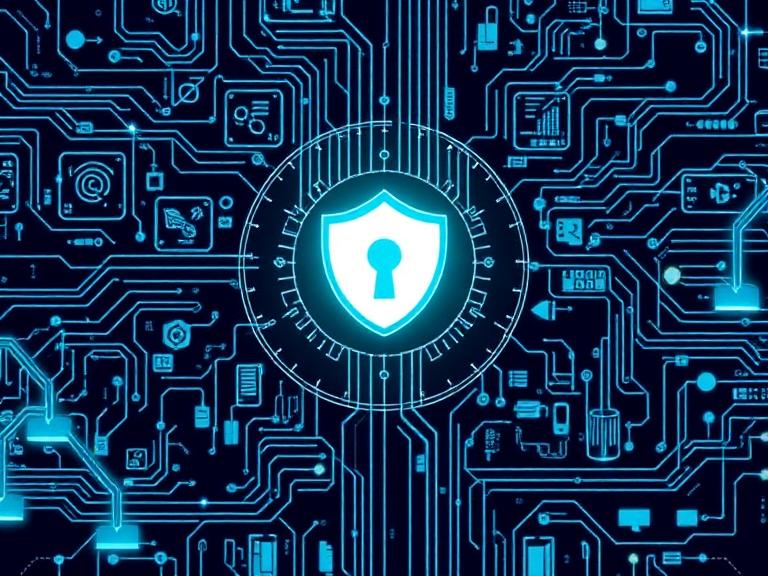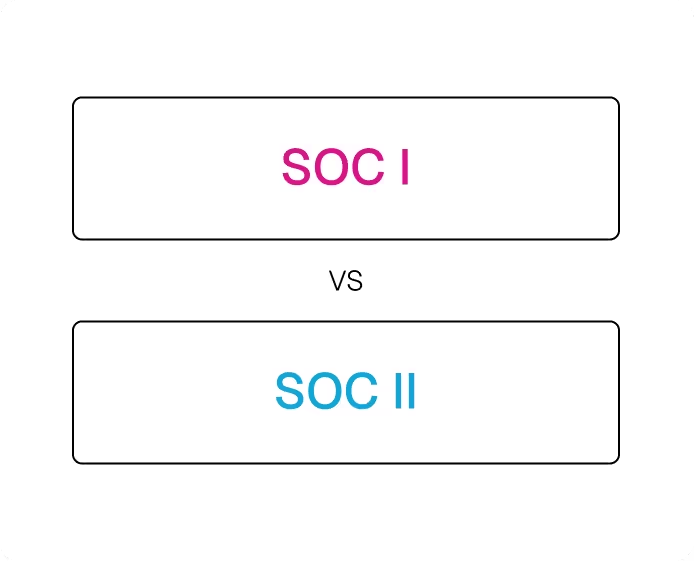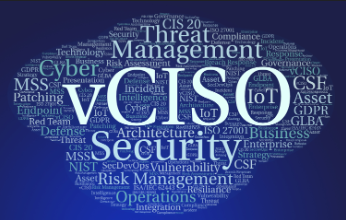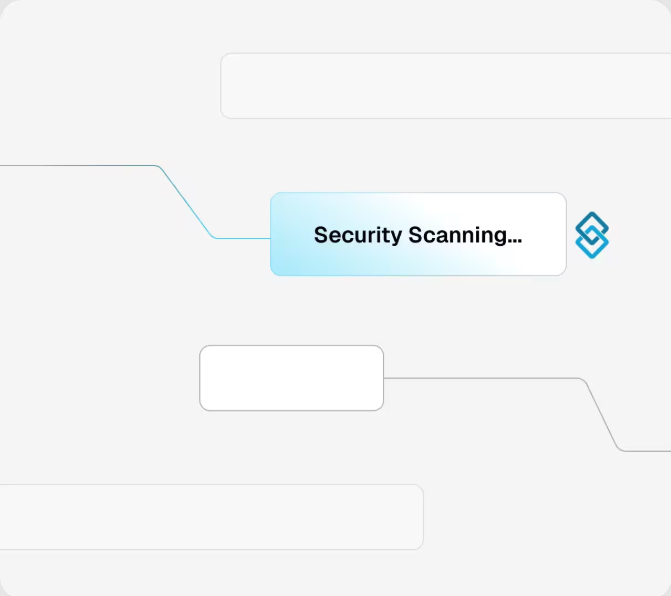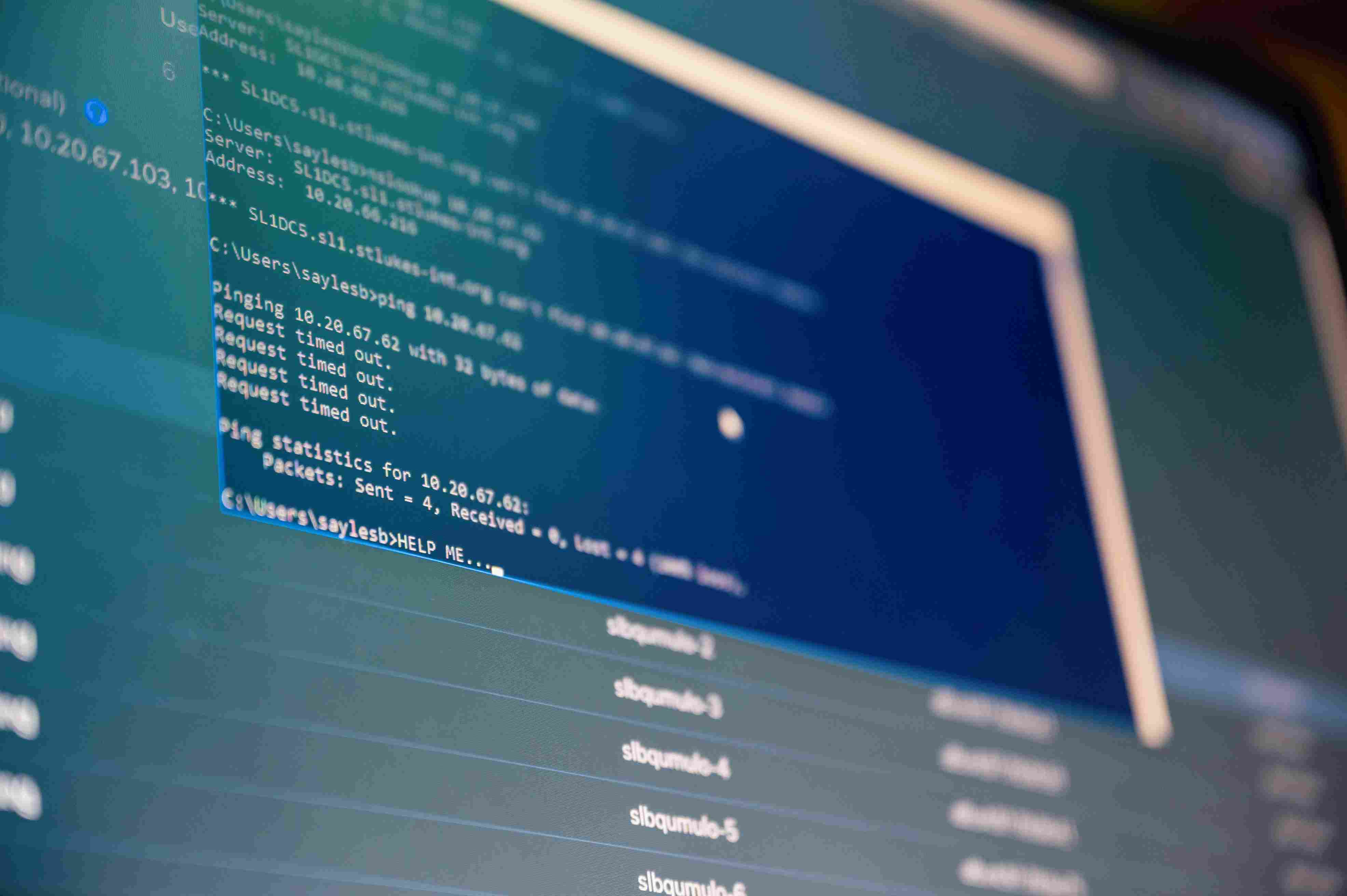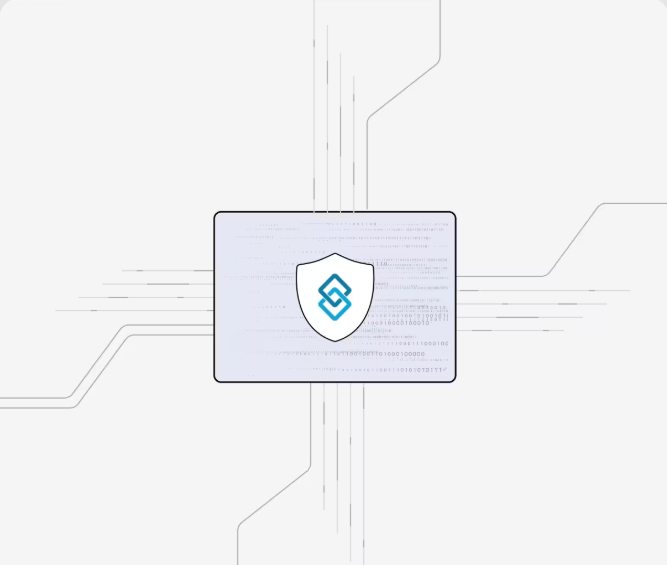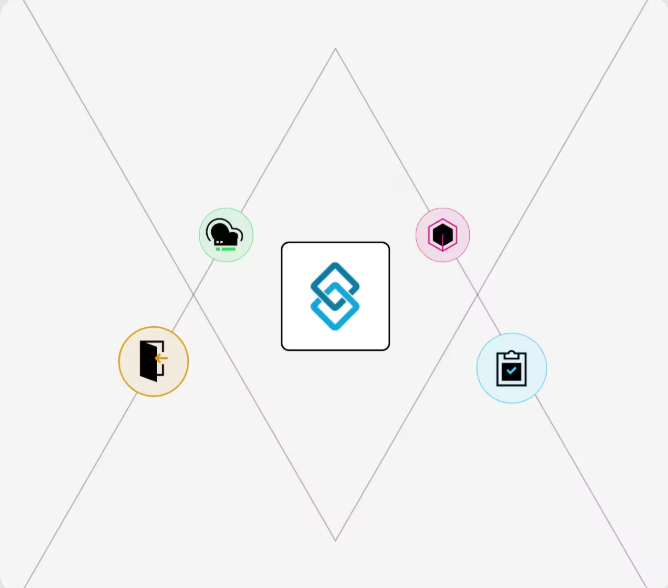What Does SOC 2 Compliance Mean?
SOC 2 compliance is a cybersecurity framework that helps businesses—especially in tech and SaaS—demonstrate strong data protection practices through five Trust Service Principles: security, availability, processing integrity, confidentiality, and privacy. It boosts customer trust, strengthens internal security, and supports other regulatory standards like GDPR and HIPAA. By choosing between SOC 2 Type 1 and Type 2, companies can prove they not only have strong policies in place but also follow them consistently to safeguard sensitive information.

What does SOC 2 compliance mean for your business and the clients you serve? Today, customers expect more than welcoming service. They practically want their data-centric information to be safe. This is why SOC 2 compliance is important. SOC 2 is a cybersecurity standard developed by the American Institute of Certified Public Accountants-(AICPA). It ensures security in data handling.
If your company handles sensitive information—especially in tech or SaaS—SOC 2 compliance shows clients you take data protection seriously. Below, we cover the core principles and key business benefits of being SOC 2 compliant.
SOC 2 Trust Principles
SOC 2 compliance addresses trust and accountability in service organizations, especially cloud and tech companies. Each business develops its security policy and its operations. However, all must adhere to five "Trust Service Principles."
1. Security
Security is the foundation of SOC 2. It’s all about keeping your systems and data safe from unauthorized access. Tools, monitoring activity, and enforcing smart access controls help you stay protected. You can catch threats early, avoid data breaches, and maintain customer trust.
2. Confidentiality
Protecting sensitive data from prying eyes is what confidentiality is all about. This is not merely secrecy; it is about controlling the visibility of information. This would mean encrypting data during transmission and granting access to only what is required by the employees. The aim is to safeguard what needs to be protected, while at the same time not bringing your work to a standstill.
3. Availability
If your system goes down, so does customer confidence. The availability principle ensures your services are reliable and meet performance standards like SLAs. So, you need to invest in monitoring, regular maintenance, backups, and disaster recovery plans. It’s about keeping your platform up and running—especially when your customers need it most.
4. Privacy
Privacy means respecting people's personal data. Respecting users means transparency, following regulations like GDPR or CCPA, and implementing very strict access policies. In the case of a startup, building in privacy from the get-go is not only a smart move but also necessary to ensure compliance and long-lived customer trust.
5. Processing Integrity
The reliance of your customers on your platform dictates that it works, and work is done so well that they can hardly tell the difference. Processing integrity demands that your systems run without lag or errors. When your business processes transactions or deals with data, the reliability factor is just the least one can expect by default. Quality checks and automation help early identification of problems and leave your service enjoying the seamless journey of scaling.
What Does SOC 2 Compliance Mean: Benefits For Businesses
What does SOC 2 Compliance mean for businesses, especially startups? SOC 2 compliance is a worthwhile investment that businesses, especially new ones, should consider. Here are some of its benefits.
1. Building Customer Trust
SOC 2 compliance shows your customers that you are serious about data security. This creates trust. Strong data protection is a key factor in competitive industries. SOC 2 is a highly respected framework in the U.S., especially for companies that are cloud-based or service-oriented.
2. Strengthening Security Posture
You can fix your system weaknesses using SOC 2. You will improve your internal controls and policies, monitoring tools, incident response plans, and access policies. This creates a solid security foundation for startups to scale. SOC 2 encourages you to take a proactive approach and integrate better security into your products and operations.
3. Giving you a competitive edge
Compliance with SOC 2 sets you apart from your competitors. They may have not made the same investments in security. Your SOC 2 badge proves that you are enterprise-ready. Customers trust you if you can handle sensitive customer data responsibly. Furthermore, it's easier to close a deal with other businesses.
4. Supporting compliance with other standards
SOC 2 clearly shares some similarities with other frameworks, such as ISO 27001 and HIPAA. Because of this overlap, it may allow you to tick a few blocks for compliance onto the same list. This saves costs and effort when attempting certification in the future. SOC 2 is well suited for health startup companies. In addition, whoever needs to go cross-border will find SOC 2 well-aligned with laws such as GDPR.
5. Preventing costly Breaches
Compliance with SOC 2 doesn't ensure perfect security but it reduces your risk. Controls and monitoring required by SOC 2 help you detect problems early. SOC 2 can help you reduce that risk by installing strong safeguards. It's more than just passing an audit. You need to create a security culture that will protect your business for the long term.
SOC 2 Type 2 vs Type 1
A company can choose from two types of reports when it works towards SOC 2 compliance: Type 1 or Type 2.
A SOC 2 type 1 report examines your security controls in a single moment. It confirms the existence of policies and systems that are designed properly to protect data.
A SOC 2 Type 2 goes one step further. It examines how these controls perform over a longer period, usually 12 months. It means that not only do the systems exist, but are also used effectively and consistently in day-to-day operations.
SOC 1 vs SOC 2 vs SOC 3
SOC reports fall under the categories such as SOC 1, SOC 2, and SOC 3. These ranks are used based on the type of audience and generally based on the purposes of the business.
- The SOC 1 is focused on financial reporting. It is usually adopted by companies that provide services to clients concerning payroll and accounting services.
- The SOC 2 is almost entirely related to technology companies. It relates more to how a company handles the customer's data concerning its security, availability, and privacy.
- The SOC 3 from SOC 2 is, however, publicly distributed. It yields a high-level overview of the security posture concerning an organization. However, it does not give results regarding audit-sensitive data.
Notes:
- Type I reports are based on a specific point in time.
- Type II reports look at controls over a certain period of time (typically between 6-12 months).
- SOC = System & Organization Controls.
SOC 2 Compliance and Identity & Access Management(IAM)
SOC 2 and Identity and Access Management work together. IAM helps control access to data. So, it directly supports SOC 2 principles of privacy, security, and confidentiality.
IAM tools feature multi-factor authentication and password resets. They also offer user lifecycle management capabilities, granular permissions and identity federation. These features help you enforce strict access control and make your journey to SOC 2 much easier.
Final Thoughts
What does SOC 2 compliance mean in a shell? SOC 2 compliance is not just a tick-box for tech companies. It shows your customers your commitment in protecting their information. SOC 2 compliance is important for both buyers and providers. For help on SOC 2 compliance, contact Sentant.
Will Pizzano, CISM is Founder of Sentant, a managed security and IT services provider that has helped dozens of companies achieve SOC 2 compliance. If you’re interested in help obtaining SOC 2 compliance, contact us.

